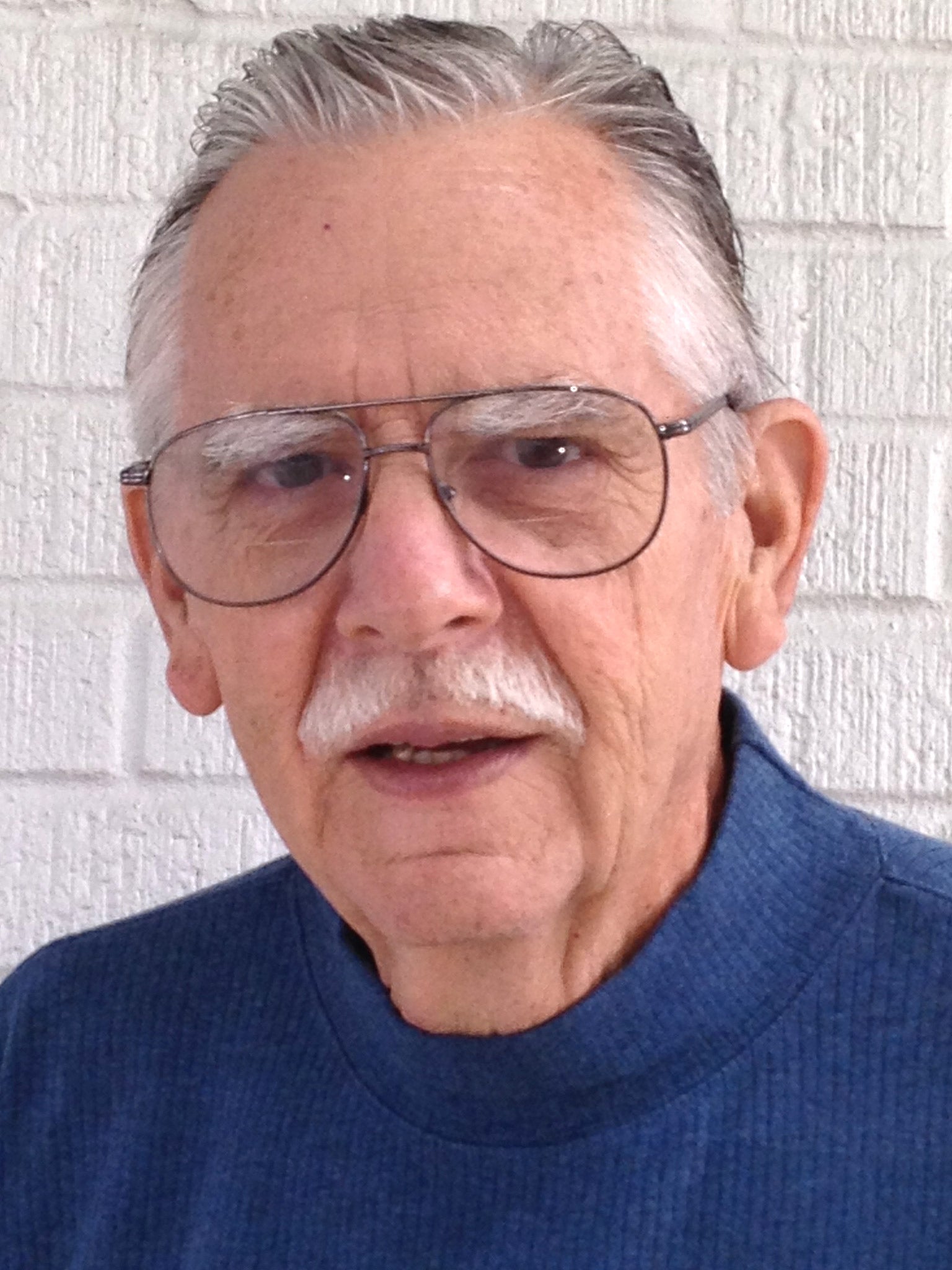Jack Thornell: 'I was thinking my career is over. I will resign. Or be fired'
The AP photographer managed to take just one picture of James Meredith. It won him a Pulitzer

Your support helps us to tell the story
From reproductive rights to climate change to Big Tech, The Independent is on the ground when the story is developing. Whether it's investigating the financials of Elon Musk's pro-Trump PAC or producing our latest documentary, 'The A Word', which shines a light on the American women fighting for reproductive rights, we know how important it is to parse out the facts from the messaging.
At such a critical moment in US history, we need reporters on the ground. Your donation allows us to keep sending journalists to speak to both sides of the story.
The Independent is trusted by Americans across the entire political spectrum. And unlike many other quality news outlets, we choose not to lock Americans out of our reporting and analysis with paywalls. We believe quality journalism should be available to everyone, paid for by those who can afford it.
Your support makes all the difference.Jack Thornell was a 26-year-old photographer just starting out with the Associated Press when he was dispatched to cover James Meredith’s March against Fear in June 1966. He wasn’t thrilled. They had skimped on money, declining to send a reporter with him, while competitor United Press International had two men on the job.
Journalists make their own luck, or so they say. This was the assignment that won Thornell a Pulitzer Prize and made him one of the most recognised photographers of the era. He was on the spot after three civil rights workers in Mississippi were slain (later immortalised in the film Mississippi Burning), for the funeral of Martin Luther King (though he missed the assassination itself) and for the march from Selma.
Now 73, Mr Thornell was sitting in the car of his UPI rival – strictly against the rules – parked just south of Hernando, Mississippi, on day two of the march when they spotted James Meredith approaching. Another competitor, from Life magazine, had just gone off to buy them all Coca-Colas – also a fortuitous thing.
“Meredith is coming up in the mirror there and then we hear the shot,” he recalls now.
“We jumped out of the car. Of course we were worried about getting shot too because we were in the line of fire, but fortunately, he crawled our way and I happened to raise up from behind the car around the time that Meredith was grimacing from the middle of the road and I took the photograph.”
He only managed one frame – taken with a 105mm lens on a Nikon camera – and left the scene disconsolate. Before speeding off in his car, the UPI man had boasted of getting a perfect image of the shooter. Thornell felt sure he was in trouble. “I am thinking my career is over. I will just go back and get my photos out of the AP regional office and resign. Or get fired.”
In the end it was AP’s news division that messed up. A trainee in Memphis overheard a reporter on the local paper, The Commercial Appeal, saying Meredith had been “shot dead”. In fact, what the reporter said was “shot in the head”, but it was too late. The trainee told New York that Meredith had perished and Walter Cronkite of CBS repeated it on the evening news. “The AP had killed him!” Thornell recalls now. In fact the shooter had only used birdshot. Real bullets, of course, and Meredith would surely have perished.
The trainee was summarily sacked, Thornell says. “Meanwhile it turned out that I did get one picture of the guy [the shooter] in the bushes. You see his face sticking up. So, anyway, I got the Pulitzer.”
Thornell, who retired in 1985 and lives today just outside New Orleans, Louisiana, does have some tinge of regret about that day, however. When the shooting was over and the photographers from the other media organisations caught up, they descended on Meredith “like vultures” while he lay bleeding.
“He looks up and says, ‘Can you get me some help?’, and of course we carried on doing our job,” he admits. But it wasn’t long before state police arrived and an ambulance was called. James Meredith would eventually finish his march, and, of course, Jack Thornell was there to meet him.
Join our commenting forum
Join thought-provoking conversations, follow other Independent readers and see their replies
Comments